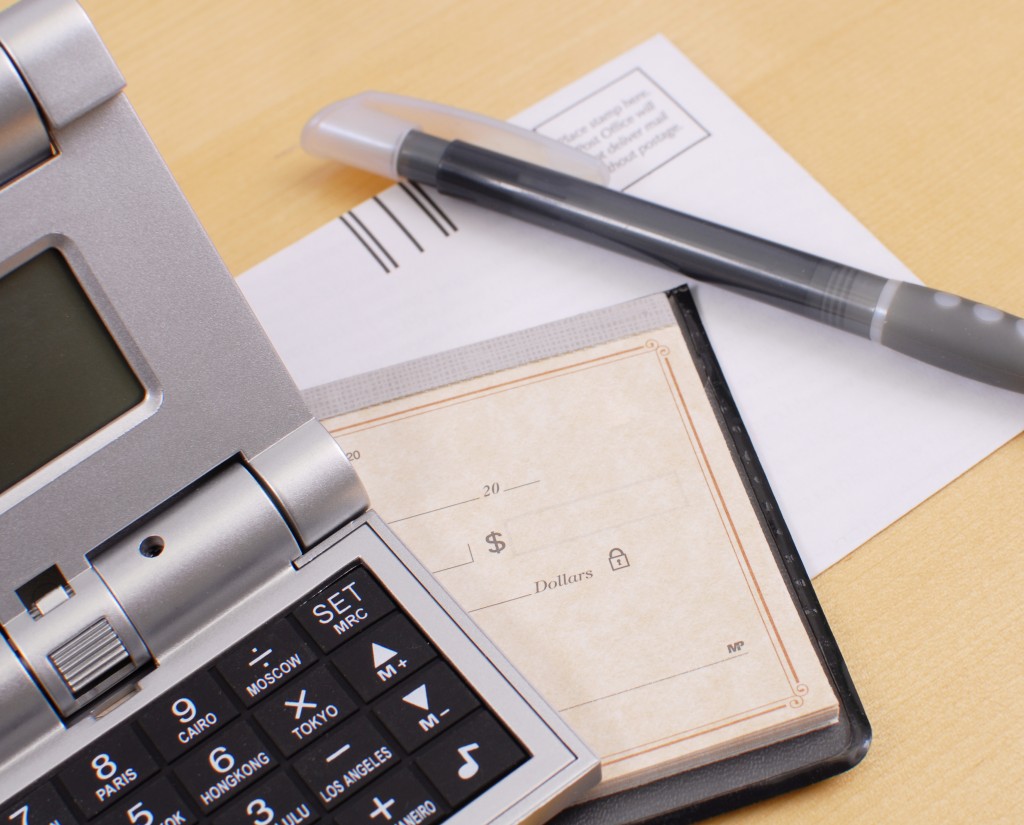Debt. Most people have them, but few want to touch that subject. An Experian consumer debt study revealed that the average American owes over $91,000, with mortgages, student loans, and auto loans the most common types of debt.
Many people blame overspending as the root cause of the ballooning debt crisis, and they’re not wrong. However, most debt is caused by circumstances beyond the person’s control. According to a study published in the American Journal of Public Health, over 66 percent of personal bankruptcies, including chapter 7 bankruptcy, are caused by hospital bills and unemployment related to health issues. That’s over 530,000 families every year.
Too much debt hurts your credit score, causes stress, and can lead to loss of property and livelihood. Here are a few ways to keep your debt manageable.
-
Trimming your expenses
If you’re drowning in debt, your primary goal is to get out of the financial hole as quickly as possible. That means you have to channel as much money as you can towards debt payments. This will require serious sacrifice on your part as you scale back your lifestyle and trim your expenses.
For starters, you need to eliminate all discretionary spending as soon as possible: No more trips to the salon, Starbucks coffee, and unnecessary shopping. Next, you need to revisit your essential spending. You might have to cut back on food and utilities. You also might want to move to a smaller apartment.
-
Talk to your creditors
If you’re not able to meet your monthly payments, you need to talk to your creditors as soon as possible. That way, your creditors are kept abreast of your situation. In some instances, you might even persuade them to renegotiate the interest rates, eliminate fees, or amend the payment schedule.
Creditors would rather receive some of the money than lose everything once the debtor files for bankruptcy. However, once you have renegotiated your payment obligations, you better stick to the new terms.
-
Categorize your debts

One common mistake many people make is failing to have a plan when it comes to debt payment. You need to be smart about how you approach payments, as not all debt is the same.
When making a budget, your priority is your essentials, such as rent, food, utilities, and any other obligations. Everything else goes into debt payments. However, you need to focus on debts with the highest interest rate. Channel as much money as possible towards paying off high-interest debts while ensuring you make minimum payments on other debts. Once you’ve paid off one debt, you can then move on to the next.
-
Try professional debt management
Many non-profit organizations offer financial management services to people struggling with debt. They will talk to your creditors to remove fees and renegotiate your interest rates. Financial experts will also teach you the basics of saving and budgeting.
These things will help you pay off your debts in a sustainable manner. Cutting your expenses allows you to divert more money towards monthly payments. You can also renegotiate with your creditors to lower interest rates and change terms.




